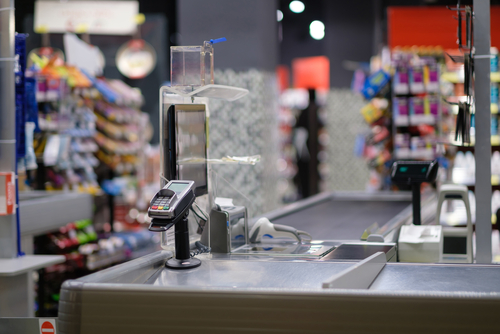A new report published by the Consumer Financial Protection Bureau (CFPB) says that Americans are paying millions of dollars in fees to access their own money when getting “cash back” at large retail stores.

Getting cash back at the register is a common way for people to get cash while making a purchase. Retailers typically have pre-set withdrawal amounts, including maximum withdrawal limits. However, the report found that consumers are paying fees when they get cash at the register.
“While retail chains had long provided cash back on debit card purchases for free, the CFPB has found that dollar store chains and other retailers are now charging fees for access to cash,” CFPB Director Rohit Chopra said. “Many people living in small towns no longer have access to a local bank where they can withdraw money from their account for free. This has created the competitive conditions for retailers to charge fees for cash back.”
The CFPB report examined the cash back practices of several large retail companies, including Dollar General, Dollar Tree, Family Dollar, Kroger, Albertsons, Walgreens, CVS, Walmart and Target. Here are the key findings.
The CFPB found that three companies in the sample charge cash-back fees, including Dollar General, Dollar Tree/Family Dollar, and Kroger while the other companies did not.
At Dollar General and Dollar Tree/Family Dollar, cash-back fees for small withdrawal amounts are the highest in the sample with $1 fee or more for cash-back amounts under $50). Kroger recently announced new charges at their Harris Teeter stores of 75 cents for $100 cash back or less, and charges of 50 cents for up to $100 cash back at their other brand stores such as Ralph’s, Fred Meyer, and others.
The CFPB estimates that they collect over $90 million in fees annually. The CFPB also estimates that the marginal cost to merchants for processing each transaction may be a few pennies, compared to the much higher fees these retailers charge consumers.
Many merchants pre-determine the withdrawal amount options in a single transaction, commonly between $5 and $50. Levying a fee on small transactions may constitute a hefty percentage of the withdrawal amount, and it may also induce repeat withdrawals, with consumers incurring a new fee each time.